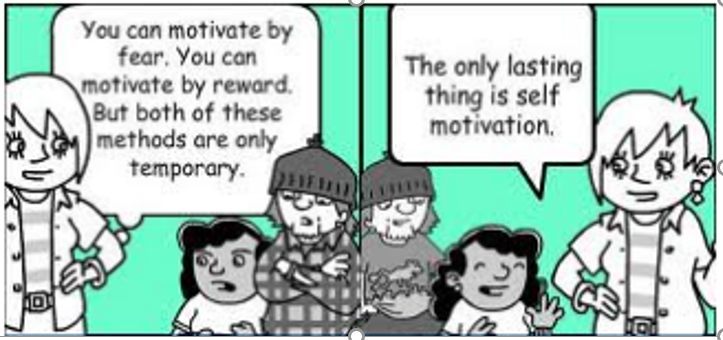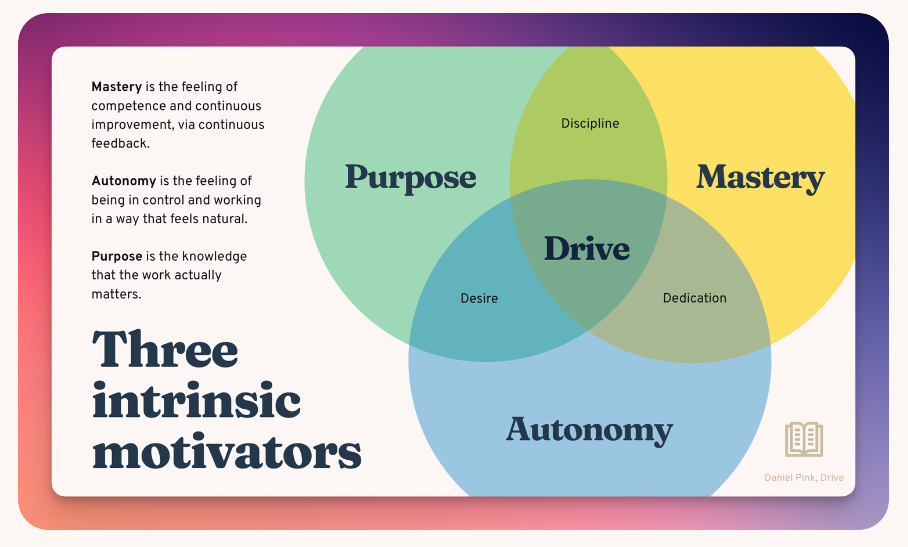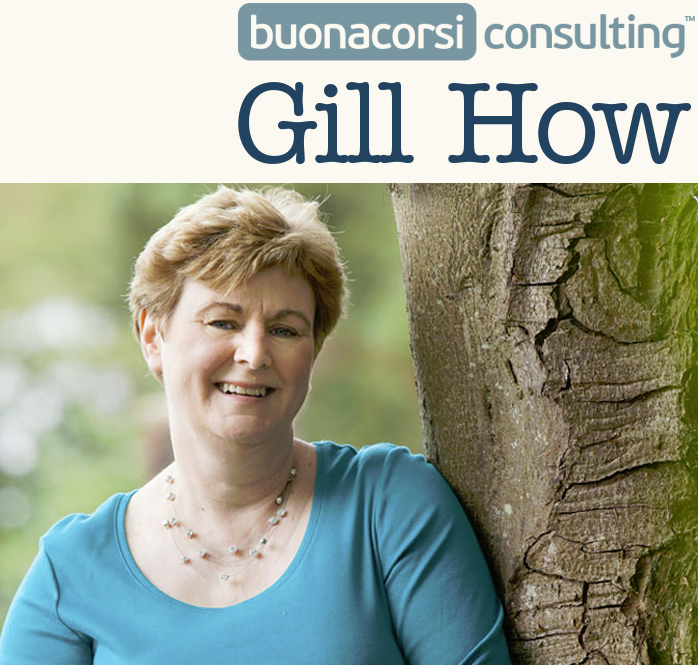
It’s automatically a problem, isn’t it, when we view a challenge with language like this. Yes, it might indicate our high level of frustration and how much we have already tried. However, it also shows us how divided we already are into “Them” and “Us”.
This topic has been raised a number of times recently by coaching clients from different parts of the world, with this hard hitting phrase (now the title of this blog) being used by one. I found myself reaching for Daniel Pink’s research, which is available in his book “Drive: The surprising truth about what motivates us”.
The first key aspect of his research is the difference between extrinsic and intrinsic motivation.
Extrinsic motivation is when we think that we; as the manager, mentor or supervisor; need to provide the motivation for the member of staff ourselves.
We may assume that we need to do this, because the so called “normal” things, or the things we have tried already, do not seem to be working.
Our mindset is that, as the person with influence or authority, we need to provide:
- the carrot, examples being rewards, extra holidays or promotions, or
- the stick, examples being criticisms, disciplinary actions or firing someone.
This can vary by culture too. How you were treated in school is probably a big clue, and can help you understand your nationality’s approach to developing others.

Daniel Pink argues that for long term results, the person, (the member of staff, your charity’s volunteer, your child, or even yourself!) needs to find and take ownership of their own reason, their own motivation to engage with the work or activity.
This is called intrinsic motivation.
When a person is able to access their intrinsic motivation, and in fact encouraged to do so, they are much more engaged with what they are doing.
There are three aspects of intrinsic motivation available:
- Autonomy; the ability to have some form of choice on how you do the work which works well for you; examples could include the method, timing, communication or presentation of the work
- Mastery; the ability to get better at what you do; examples could include running the next project or customer conversation taking feedback and learning on board and improving things,
- Purpose; the process of linking the task or activity to a larger purpose such as benefitting others or yourself in the longer term.
There are some good questions in this bite sized learning article here:
 One time I found myself in a workshop session talking about Autonomy, Mastery and Purpose as AMPs, short for ampere, the standard unit of measurement for the strength of an electrical current!
One time I found myself in a workshop session talking about Autonomy, Mastery and Purpose as AMPs, short for ampere, the standard unit of measurement for the strength of an electrical current!
I now use this metaphor of switching on the electric current, of turning the light switch on, all the time.
From observation, and from conversation (using my blog on open questions for example), as a manager you can engage with your member of staff to help them find out how to engage: with their work, with their team, and with their larger purpose.
Your job as a manager is to help them find their own intrinsic motivation and to provide the climate and culture for this to thrive. Pink offers some hints and tips in the three minute video below.
Where could you start, where could you begin, giving AMPs a try today?
Gill How loves to deliver work globally and internationally with managers, executives and professionals to help them to evolve, grow their leadership capability and stretch their strengths. She is a Fellow of the Association for Coaching, an International Leadership Developer and Global Facilitator. If she can help you in developing the potential of the capable professionals and leaders in your organisation, ">get in touch!
“Gill’s passion and commitment to the support and progression of women to fulfil their ambitions into senior management roles is inspirational and where she shines as a role model for all. I have been privileged to be coached by Gill whilst I was undertaking the LEAD programme where I gained my ILM in Leadership and Management. Gill also hosts an EDI Bookclub for likeminded individuals where I am able to continue the dialogue about the challenges that minorities group face. I recommend Gill to you all whether in coaching/ mentoring capacity or to support the EDI strategies within your organisations.”
Theeba Ragunathan LLB(Hons), MSc, MCiArb, MBA, Senior Construction Counsel, London Gatwick
Photo credit: Pexels




